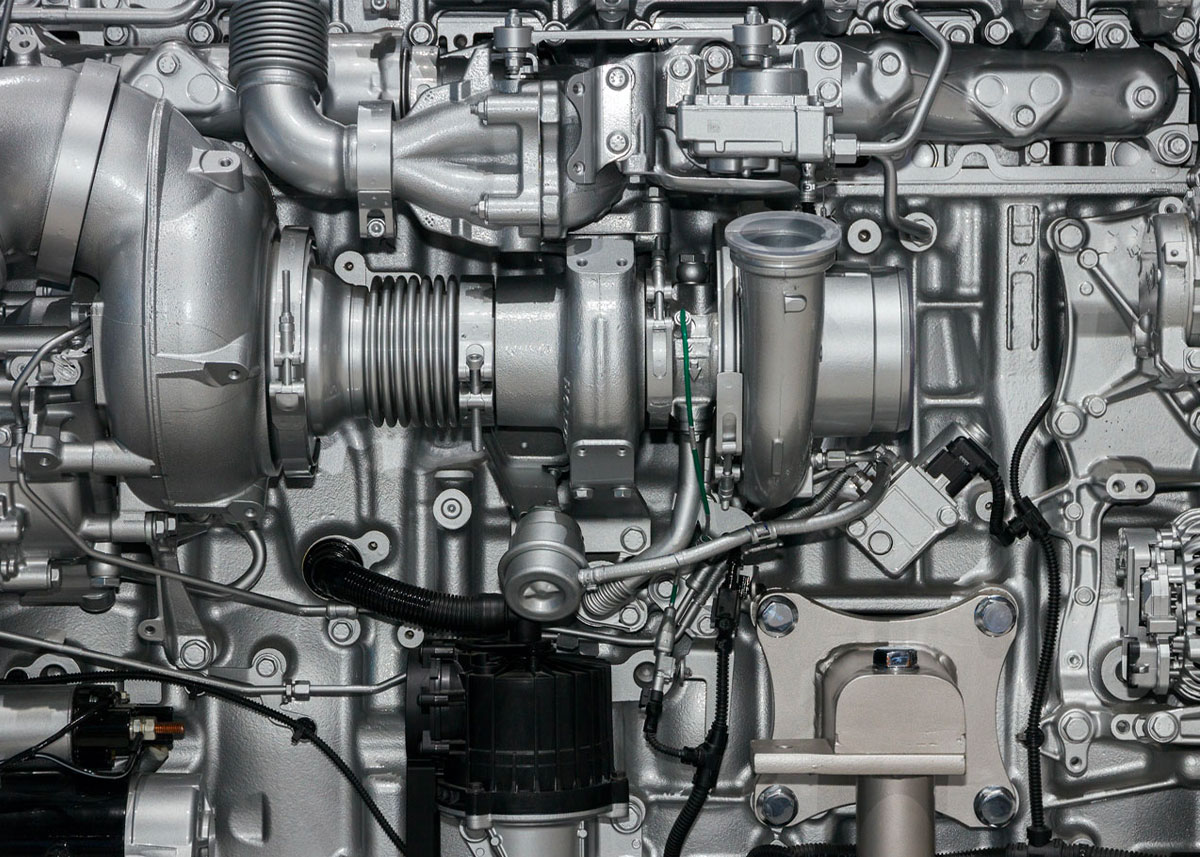Making Certain Long-Term Performance with Engines For Africa Products
Making Certain Long-Term Performance with Engines For Africa Products
Blog Article
A Complete Guide to Picking the Right Engine for Your Task
Choosing the ideal engine for your job is an important choice that can substantially influence its total success. Each of these aspects plays a crucial duty in making certain that your chosen engine not just fulfills immediate purposes but likewise aligns with long-lasting ambitions.
Specify Your Job Demands
Specifying your project requires is a crucial action in selecting the ideal engine for effective application. A comprehensive understanding of your task's goals will assist you in identifying the capabilities and functions required from an engine. Begin by detailing the scope of your task, consisting of the wanted capability, target audience, and the particular outcomes you intend to achieve.
Next, take into consideration the technological requirements that line up with your project goals. This consists of evaluating the compatibility of the engine with existing systems, as well as the shows languages and frameworks that will be utilized. Additionally, analyze the level of scalability needed to accommodate future growth or changes sought after.
Spending plan constraints also play an important role in defining your project needs. Establish a clear financial structure to direct your decision-making procedure, making certain that the engine selected fits within your budget plan while providing the necessary performance.
Evaluate Performance Demands

Engines that support horizontal scaling are usually more suitable for bigger applications. Additionally, review the engine's efficiency under different problems, such as peak use scenarios, to ensure it fulfills your dependability standards.
Take Into Consideration Ease of Use
While technical specifications are essential, the convenience of usage of an engine can considerably influence the advancement procedure and total job success. An intuitive user interface, clear documents, and streamlined process can dramatically decrease the learning curve for programmers, allowing them to focus on creative thinking and analytic as opposed to facing complicated devices.
When assessing an engine's ease of usage, take into consideration the onboarding experience. A well-structured introduction, full with tutorials and sample tasks, can facilitate a smoother transition for new users. Additionally, the quality and comprehensiveness of the engine's documentation play a critical function; detailed guides and API references can encourage developers to repair and apply attributes successfully.
One more aspect to take into consideration is the engine's customization capabilities. An engine that enables easy alterations can be a lot more easy to use, as designers can tailor it to fit their details requirements without considerable trouble. Assess the workflow assimilation with tools and platforms you already utilize. A natural ecosystem can enhance performance and decrease rubbing throughout the advancement procedure. Ultimately, picking an engine that prioritizes convenience of use can cause a more satisfying and efficient advancement experience.
Assess Neighborhood and Assistance
The stamina of an engine's area and assistance network can considerably affect a designer's experience and success. When analyzing an engine, consider the dimension and task level of its neighborhood.
Furthermore, examine the accessibility of main support networks. see this site Reputable documents, responsive consumer support, and regular updates are vital for resolving technological problems and maintaining your project on course. Engines For Africa. Active areas additionally promote partnership, providing opportunities for networking and responses, which can be vital, especially for independent programmers or tiny teams
In addition, check out the presence of community-run events, such as meetups or hackathons. These gatherings can improve your understanding of the engine while linking you with prospective partners and knowledgeable customers. In recap, a durable area and support group not only enhance growth yet likewise produce an atmosphere for discovering and innovation, inevitably boosting the likelihood of your project's success.
Contrast Cost and Licensing Alternatives
Spending plan considerations play an essential duty in selecting the best engine for your project, as the cost and licensing alternatives can substantially affect both short-term costs and long-lasting feasibility. Engines For Africa. Different engines provide differing rates structures, which can include single acquisition fees, membership versions, or revenue-sharing agreements based on your job's incomes

Accrediting alternatives additionally vary dramatically. Some engines are open-source, using adaptability and community-driven support, while others may need exclusive licenses that restrict use and distribution. Comprehending the effects of each licensing version is vital, as it impacts possession rights, future scalability, pop over to these guys and prospective lawful responsibilities.
Conclusion
Finally, choosing the proper engine for a task necessitates a detailed evaluation of defined job requirements, performance demands, convenience of usage, community support, and expense considerations. By methodically dealing with these vital aspects, decision-makers can guarantee placement with both current and future project needs. A well-informed selection eventually enhances the possibility of project success, making it click to read more possible for reliable resource allowance and optimizing possible results within the defined budgetary restraints.
Picking the suitable engine for your project is an essential decision that can considerably affect its total success.Defining your project needs is a crucial action in choosing the appropriate engine for successful execution. An extensive understanding of your project's goals will lead you in identifying the attributes and capabilities required from an engine.When you have a clear understanding of your job needs, the following step is to review the performance demands of the engine.In final thought, selecting the proper engine for a task necessitates a thorough evaluation of defined job demands, performance needs, simplicity of usage, area support, and expense considerations.
Report this page